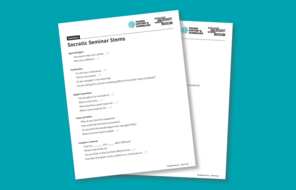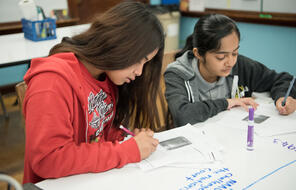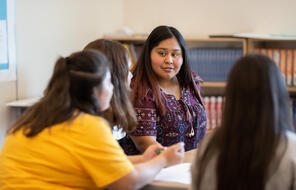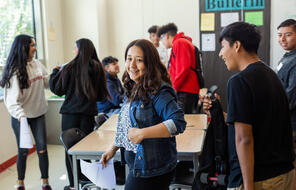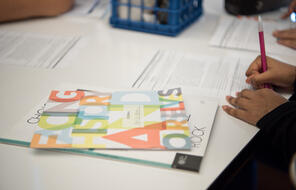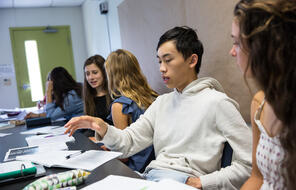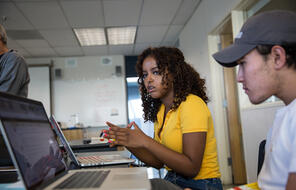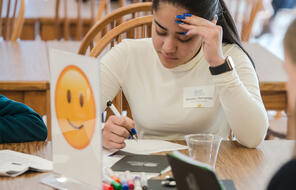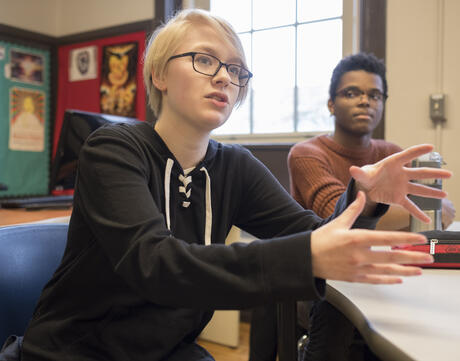
Socratic Seminar
At a Glance
Language
English — USSubject
- Advisory
- Civics & Citizenship
- English & Language Arts
- History
- Social Studies
Grade
6–12Overview
What Is a Socratic Seminar?
In a Socratic Seminar activity, students help one another understand the ideas, issues, and values reflected in a text through a group discussion format. Students are responsible for facilitating their group discussion around the ideas in the text; they shouldn’t use the discussion to assert their opinions or prove an argument.
Through this type of discussion, students practice how to listen to one another, make meaning, and find common ground while participating in a conversation.
Lesson Plans
How to Conduct a Socratic Seminar
Unlimited Access to Learning. More Added Every Month.
Facing History & Ourselves is designed for educators who want to help students explore identity, think critically, grow emotionally, act ethically, and participate in civic life. It’s hard work, so we’ve developed some go-to professional learning opportunities to help you along the way.
Exploring ELA Text Selection with Julia Torres
On-Demand
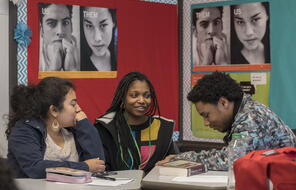
Working for Justice, Equity and Civic Agency in Our Schools: A Conversation with Clint Smith
On-Demand

Centering Student Voices to Build Community and Agency
On-Demand


